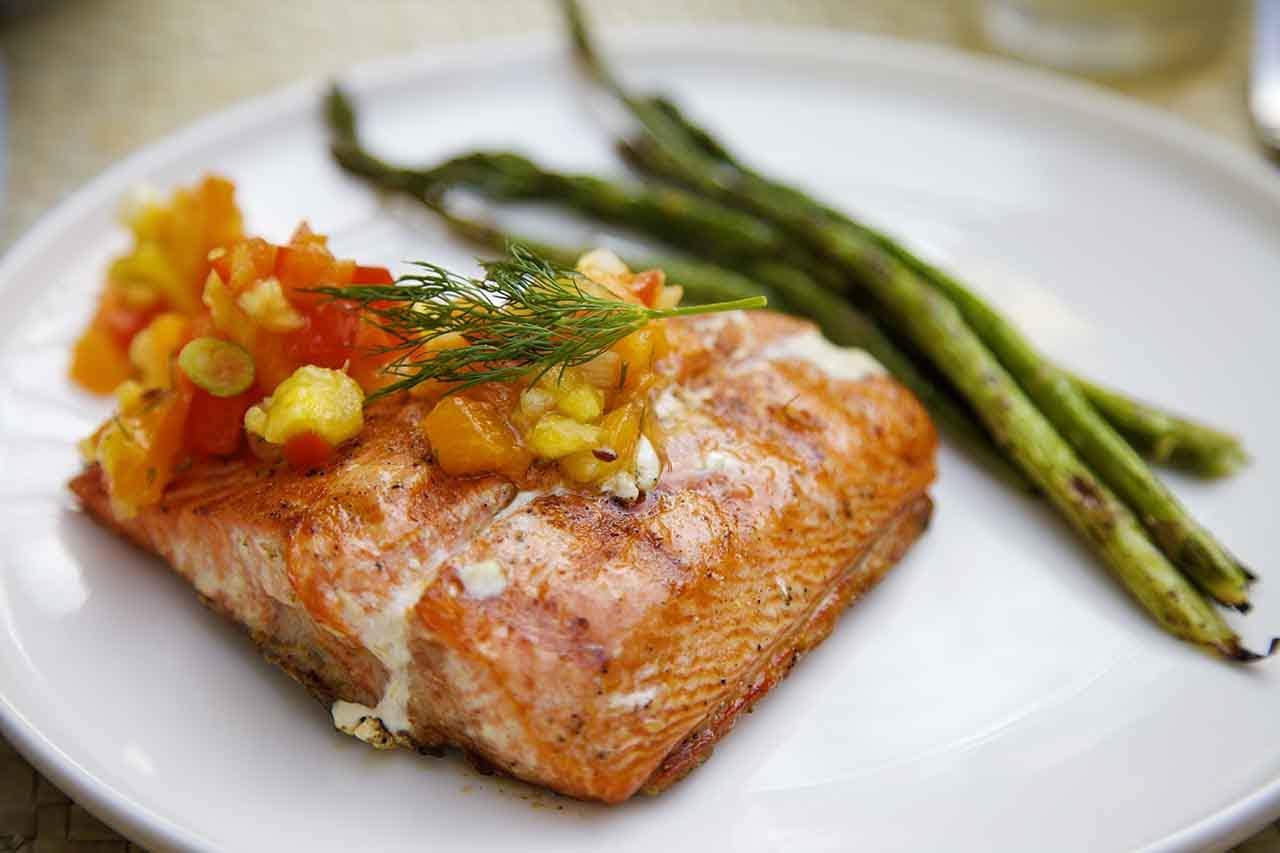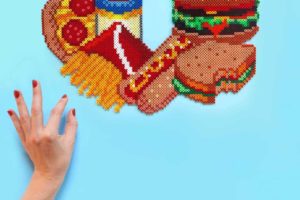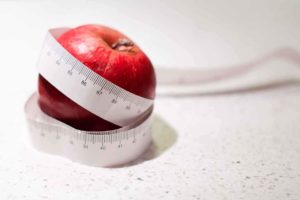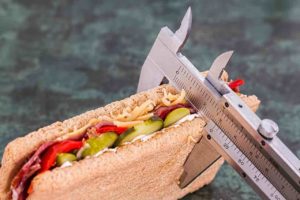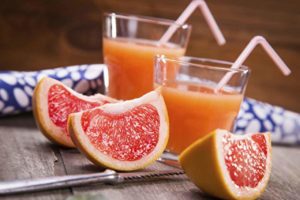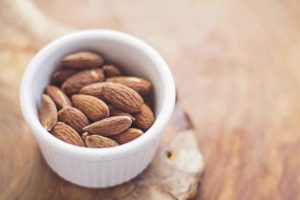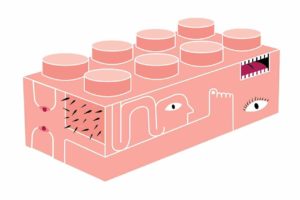When it comes to diet, there is no single correct way to diet properly, it varies from person to person. The important thing is finding the correct diet for you and for your metabolism. Sometimes even the same food may have different effects for two different persons and you may not lose weight with the diet of your friend. However, there are some basic principles that considered as true for all of the diets and everyone.
1. Eat More Fruits And Vegetables, Make Your Plate Colorful
Vegetables and fruits are sent us when we need them most so try to eat them in their own season. For instance, in the winter your body needs more vitamin C more and nature gives you orange but in the summer your body needs more fluid and nature gives you the watermelon. Eating fresh fruits and vegetables in their own season provides vitamin, mineral, fiber and antioxidants naturally. Different colors of vegetables mostly cover different vitamins and minerals so preparing a colorful dish is not only pleases your eyes but also your metabolism. You can eat any kind of vegetables except something like potato which contains high amounts of starch. You can eat fruits after meals or as snacks and try to choose low-sugar fruits like avocados, cranberries, raspberries, blackberries, strawberries and raspberries.
2. Stabilize Blood Sugar
When blood sugar increases your body starts to secrete insulin. Insulin converts sugar into fat and you feel hungry. That is mostly caused by eating foods that contain refined sugar and flour. Removing these foods from your diet is the best but if you can’t do it, at least try to remove them one at a time. Protein, healthy fats (avocado, butter, coconut oil, olive oil, omega-3s etc.) and good carbs help you to stabilize blood sugar and keep you fuller for longer. When you realize how good you feel, you may want to quit refined sugar and white flour by yourself.
3. Eat More Fibers
High fiber foods like bran, cauliflower & broccoli, cabbage, berries and leafy greens can keep you full and they are important for digestive system because they retain water and bulk up the stool. There are also certain bacteria that digest fibers and release essential agents for your colon such as short chain fatty acids. That means good bacteria in your colon need fiber to survive and keep you healthy. Eating 50 grams of fiber would be more than enough and you need to drink water while eating fibers otherwise, you would get constipation.
4. Avoid Packaged Foods And Fizzy Drinks
You don’t need to understand ingredients, preservatives or additives; chips, chocolate, biscuit, cake and cracker – stay away from all of them. Especially fizzy drinks not only ruin your diet but also ruin your teeth due to its acid content. Even if it’s a diet drink, it has a negative effect on your metabolism. Studies prove that the biggest reason behind the obesity is sugar content of the foods and drinks. “100% Natural Fruit Juice” label doesn’t always mean it is healthy. They remove fibers from fruit juice during being processed and they are just a sugary water.
5. Eat More Omega-3
In his book “Eat Fat, Get Thin”, Mark Hyman says it is possible to lose weight by eating healthy fats. According to Hyman, foods like sardine, salmon, avocado, egg, hazelnut, peanut, chia seed and flax seed contain healthy fat Omega-3, which balances your cholesterol and keeps you full for a long time.
6. Avoid Hydrogenated Oil
When vegetable based oils are solidified by a chemical that contains hydrogen, they are called margarine or hydrogenated oil. This process also produces trans fats. In June 2015, the use of trans fats is banned from the United States over heart disease concerns. There are studies that prove trans fats increase the possibility of heart diseases by raising LDL (bad) cholesterol and lowering HDL (good) cholesterol.
Most packaged foods like biscuits and cracker contain hydrogenated oil. Be sure to stay away from them and also avoid eating or using margarine and prefer healthy oils like olive oil or coconut oil.
7. Limit How Much Alcohol You Drink
Alcohol itself is quite high in calories with 7 calories per gram – only two fewer calories than fat, which is 9 calories per gram. Drinking alcohol increases insulin secretion, cause fatty liver and raise triglyceride levels, which is another form of blood-borne fat that appears in the human circulatory system.
If you are eating nutritious foods while drinking alcohol, they are gone for good. When you drink alcohol, your liver recognizes it as a toxin and your body stops processing foods to get their nutrients. As a result, the things you eat only fills empty space before getting out of your body. You also end up digesting empty alcohol calories and store nutrient-rich foods as fat. Another bad thing about alcohol is it makes you hungry. Studies show that alcohol suppresses a hormone called leptin, which tells your brain to stop eating.

